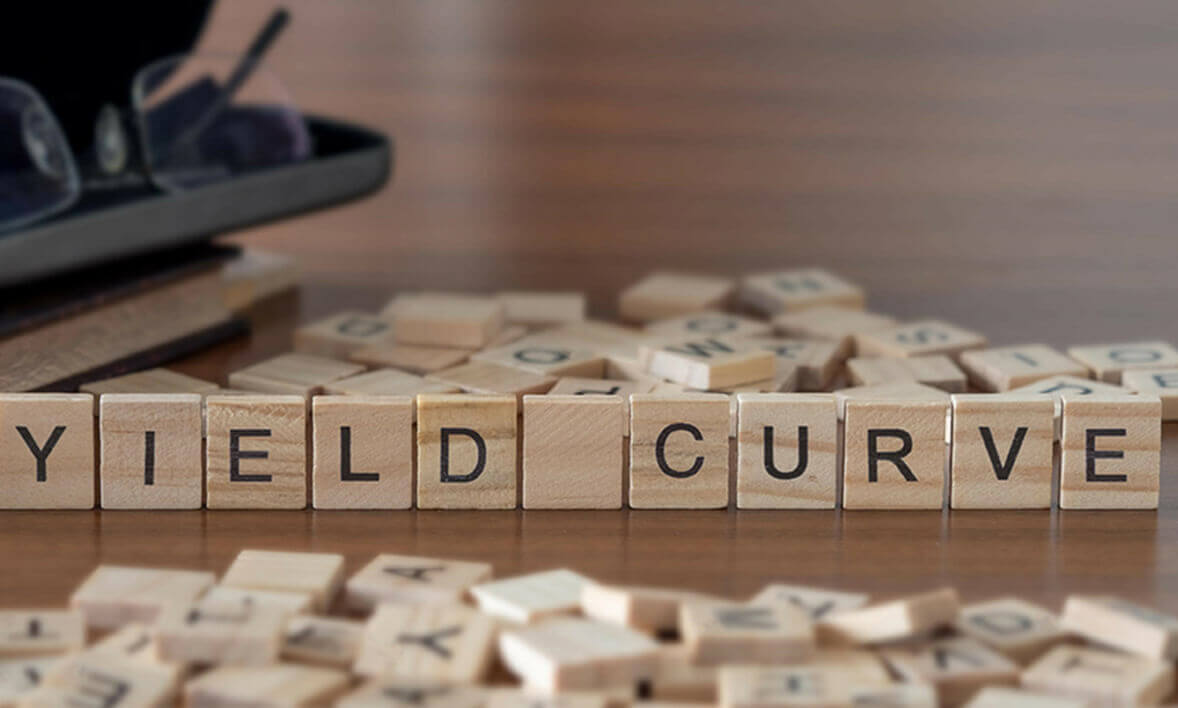Leading with Yield
Identifying Your Investment Choices.
Chasing anything obsessively could eventually lead to losing peace of mind or sleep. That's what mental health experts might say.
However, when it comes to investing, especially fixed income, obsessiveness with chasing yields is a good thing.
So, what is yield when it comes to buying bonds, non-convertible debentures, or any other fixed-income instruments or debt securities?
Yield is a bond's return, which includes the interest earned from holding a particular security. The price of a bond and its yield have an inverse relationship.
Currently, yields are high because overall interest rates are expected to stay high, and the expectation is that new issuances of bonds will be at a higher interest rate. So, this leads to a fall in the prices of existing bonds as investors sell them to chase the new ones that could come at a higher interest rate.
When will interest rates stop rising?
The answer – no one has a clue.
Neither the US Federal Reserve, the central bank that the world looks up to for guidance on the direction of interest rates, nor India's Reserve Bank of India.
For interest rates to stop rising, inflation has to stop rising. Central banks like the US Federal Reserve and the RBI use interest rates to control inflation. When interest rates are above target, central banks raise rates and cut them when prices, or inflation, cool down.
The US Federal Reserve's inflation target is at 2%, and the latest inflation data (December 2022) was at 6.5%.
The RBI's inflation target is at 4%, with a lower tolerance level of 2% and a higher tolerance limit of 6%. This target, set on April 1, 2021, is for five years ending March 2026.
In perspective, the latest data shows India's inflation measured by the Consumer Price Index at 5.72% in December.
This is the second month in a row that inflation is lower than RBI's upper limit of 6%. And yet RBI governor Shaktikanta Das is not happy about it. At least, not yet.
Because the 'stickiness' of inflation is a matter of concern."
So also, with the US Fed.
Earlier this week, a US Fed official said Kashkari's indication that the Fed funds rate needs to rise to 5.4%. The US Central recently raised the fed fund rate by 25bps to 4.5%-4.75%.
Don't time it
Trying to time a fall in inflation is akin to catching the bottom of the equity market. One just does not know where the bottom of the market is.
One should grab this opportunity to buy fixed-income assets today. Experts believe bond yields won't rise significantly from here, or simply put, bond prices won't fall much from here.
The reason is demand from pension funds and insurance companies.
These funds buy good quality, high-yielding bonds to pay for your pension and annuities.
This combination of higher and, more importantly, stickier inflation means higher yields are here to stay for a while.
The loose monetary policy during Covid has resulted in inflation, and most central banks worldwide are raising interest rates.
This could be the time to get across to your financial advisors, if you have one, to start buying good quality rated bonds.
And, when inflation cools and interest rates fall – you could have the bonus of capital appreciation along with a steady stream of passive income coming your way because of the bonds you purchased.

What can you buy?
Financial advisors recommend that investors should diversify their portfolios to mitigate risk.
As it is impossible to catch the bottom of the market, experts recommend having a basket of instruments, such as short- medium- and long-term securities.
Conventional wisdom is to buy top-rated short-to-medium-term fixed-income securities when the outlook for inflation and economic growth is uncertain.
A good quality short-term fixed-income security to buy is the Government of India's Treasury Bills. The treasury bills issued in India have three duration- 91 Days, 182 Days and 364 Days.
Treasury Bills are zero coupon securities with no interim coupon or interest payments and are issued by the government to meet regular borrowing requirements.
Then there are Cash Management Bills. These are issued to meet the temporary mismatches in the government's cash flow and have maturities of less than 91 days.
Then there are Government of India securities, or G-Secs, of five to 40 years duration and state development loans or SDLs.
Then, of course, there are various types of fixed-income instruments, such as unsecured bonds, secure bonds, debentures, fixed-rate bonds and inflation-linked bonds.
Experts recommend buying debt instruments for up to five-year as the interest rate and inflation outlook are still uncertain.
Such a move could help you enjoy a steady stream of interest income now and also position you to buy longer-term securities of, say, 10 years and beyond when it appears for sure that the rate hike cycle has paused.
Liked what you read? Share this article with your followers.
Sign up and follow us on and to get the best stories on Investments, Strategies, Tools, Ideas & Insights to help you Grow and Conserve your wealth.

